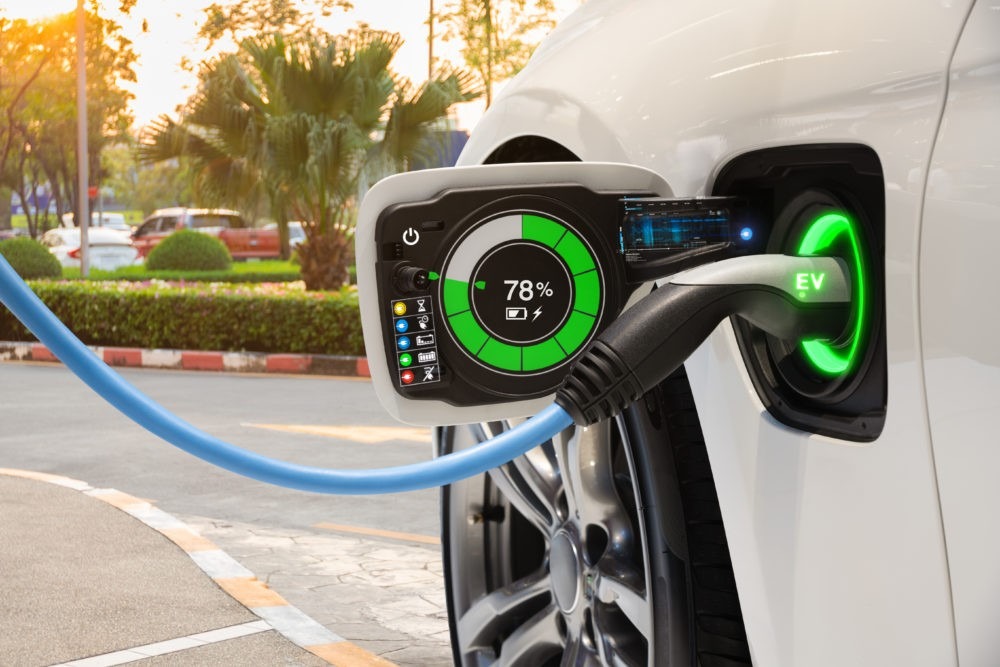
Sustainability in Auto E-Commerce: Eco-Friendly Vehicles and Parts
As the world grapples with the urgent need for environmental conservation and sustainability, the automotive industry has taken significant strides towards offering eco-friendly solutions. In the realm of auto e-commerce, sustainability is no longer just a trend but a driving force behind the choices consumers make when purchasing vehicles and parts. With a decade of experience as a technical copywriter in this field, I’m here to explore the crucial role of sustainability in auto e-commerce, focusing on eco-friendly vehicles and parts.
The Rise of Eco-Friendly Vehicles
Electric Vehicles (EVs)
Electric vehicles have emerged as one of the most prominent symbols of sustainability in the automotive industry. EVs are powered by electricity instead of traditional fossil fuels, producing zero tailpipe emissions. This shift towards EVs is driven by a growing awareness of the environmental impact of gasoline and diesel-powered vehicles.
Hybrid Vehicles
Hybrid vehicles combine traditional internal combustion engines with electric power, resulting in reduced fuel consumption and lower emissions. They offer a bridge between conventional vehicles and fully electric ones, providing consumers with a more environmentally friendly option.
Benefits of Eco-Friendly Vehicles
Reduced Greenhouse Gas Emissions
One of the most significant advantages of eco-friendly vehicles is their contribution to reducing greenhouse gas emissions. EVs produce zero tailpipe emissions, and even hybrid vehicles emit significantly fewer pollutants compared to their traditional counterparts. This reduction in emissions is crucial in combating climate change.
Lower Operating Costs
Eco-friendly vehicles often have lower operating costs. Electric vehicles have fewer moving parts, reducing maintenance expenses, and electricity is generally cheaper than gasoline or diesel. Additionally, many governments offer incentives such as tax credits and rebates to encourage the adoption of eco-friendly vehicles, further offsetting costs for consumers.
Energy Efficiency
Eco-friendly vehicles are highly energy-efficient. Electric motors are inherently more efficient than internal combustion engines, which waste a significant amount of energy as heat. This efficiency translates to more miles driven per unit of energy consumed, saving resources and reducing the carbon footprint.
Sustainable Auto Parts
Recycled and Recyclable Materials
The sustainability movement extends beyond vehicles themselves to the components and parts used in the automotive industry. Manufacturers are increasingly using recycled and recyclable materials in the production of auto parts. This approach reduces the demand for new raw materials and minimizes waste.
Remanufactured Parts
Remanufactured auto parts are another eco-friendly option. These parts are carefully disassembled, cleaned, repaired, and restored to like-new condition. Using remanufactured parts reduces the need for new manufacturing processes and conserves resources while maintaining high-quality standards.
Benefits of Sustainable Auto Parts
Conservation of Resources
Sustainable auto parts contribute to resource conservation. By reusing materials and components, less strain is placed on natural resources such as metals and plastics. This conservation helps reduce the environmental impact of manufacturing and disposal.
Cost-Effective Repairs
Remanufactured parts are often more cost-effective than brand-new ones. They provide an affordable alternative for consumers looking to repair or maintain their vehicles while also supporting sustainability efforts in the automotive industry.
Reduced Waste
The use of sustainable auto parts minimizes waste in the automotive sector. Recycling and remanufacturing processes divert used parts from landfills and reduce the environmental burden associated with disposing of automotive components.
The Road Ahead: Challenges and Opportunities
Infrastructure Development
The widespread adoption of eco-friendly vehicles, especially electric ones, relies on the development of charging infrastructure. Governments and private companies are investing in expanding charging networks to make electric vehicle ownership more accessible and convenient.
Continued Innovation
The automotive industry continues to innovate in sustainability. This includes advancements in battery technology, lightweight materials, and more efficient manufacturing processes, all aimed at reducing the environmental impact of vehicles and parts.
Consumer Education
Educating consumers about the benefits of eco-friendly vehicles and sustainable auto parts is crucial. Increasing awareness about the environmental impact of their choices can drive more sustainable purchasing decisions.
Conclusion
Sustainability is no longer a niche consideration in the world of auto e-commerce—it’s a driving force. Eco-friendly vehicles and sustainable auto parts offer consumers the opportunity to make choices that align with their values and contribute to a greener, more sustainable future. As the automotive industry continues to evolve, sustainability will remain at the forefront of innovation, offering not only environmental benefits but also cost savings and a brighter future for generations to come.

